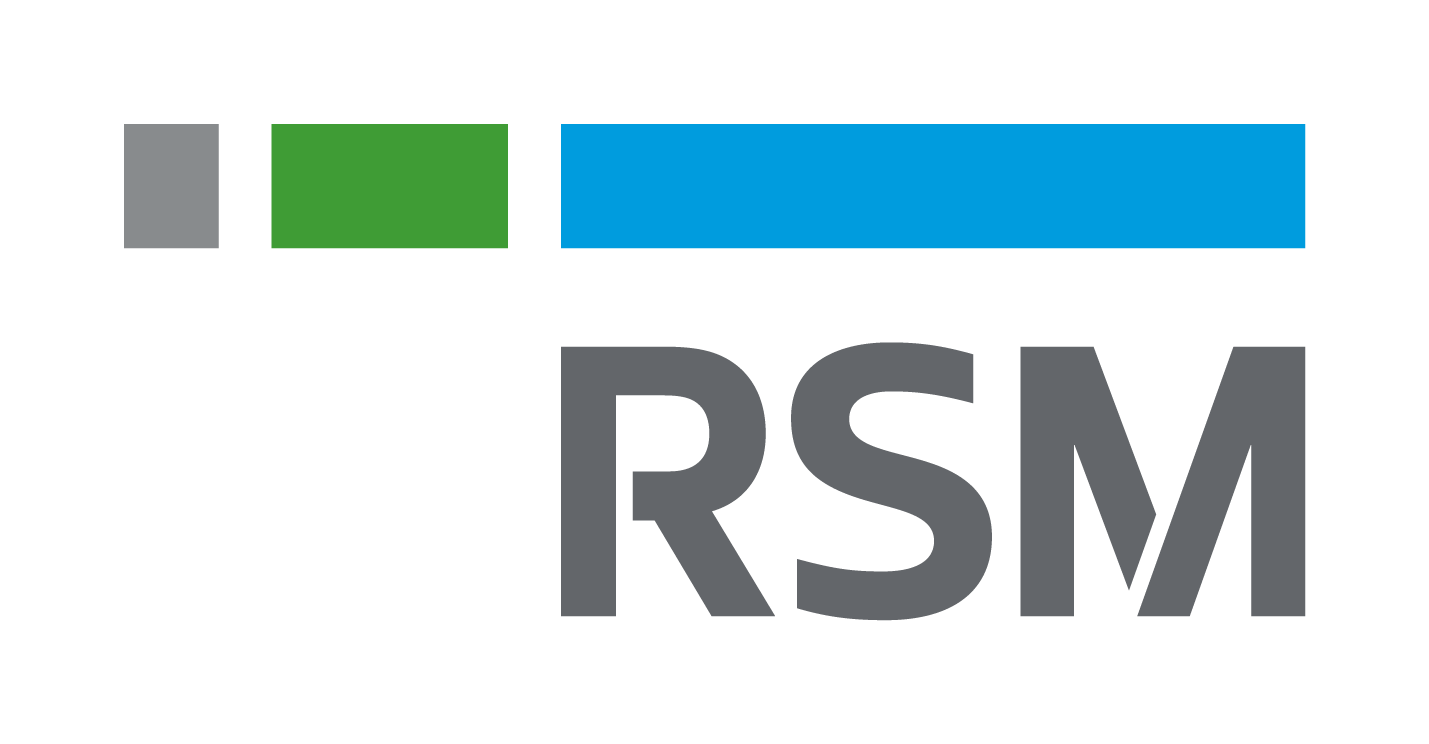Notifications to be Filed Upon Establishment in Japan
February 13, 2020
Question:
Please tell me what tax-related notifications should be submitted to the tax office(s) after incorporating a company or setting-up a branch in Japan.
Answer:
After setting-up a branch or company, you will need to submit the following documents, for example, to the tax office, prefectural tax office, and municipal office.
<Tax Office>
・ Tax Report for Establishment of Japanese corporation
・ Notice of Acquisition of the Status of Foreign Ordinary Corporations
・ Application for Approval of Filing Blue Return
・ Tax Report for Commencement of Payroll
・ Application for Payment of Withholding Income Tax Semiannually
<Prefectural Tax Office, Municipal Office>
The Tax Report for Establishment of Japanese corporation submitted to the prefectural tax office and municipal office is more or less similar to the tax report submitted to the tax office.
Explanation:
Tax Report for Establishment of Japanese corporation
For newly-established domestic corporations, they must file written notifications (and their necessary attachments) with competent district director having jurisdiction over the place for tax payment within two months of the date of establishment, as prescribed in Article 148 of the Corporation Tax Act.
Corporation Tax Act
(Notification of establishment of domestic ordinary corporations)
Article 148. Newly incorporated ordinary corporations or cooperatives, etc. which are domestic corporations shall file, on or within two months from the date of establishment, with the competent district director having jurisdiction over the place for tax payment (with respect to consolidated subsidiary corporation, it is the place of head office or principal office; the same applies in item (i)) a written notification stating the following matters, attaching the documents as prescribed by the Ordinance of the Finance Ministry, such as the balance sheet at the time of incorporation:
(i) The place for tax payment,
(ii) The object of the business, and
(iii) The date of establishment.
(Continuation omitted)
Source: Sozeishiryokan
https://www.sozeishiryokan.or.jp/
Notifications for establishments that have become foreign ordinary corporations
For foreign corporations that have set-up domestic establishments in Japan, they must file written notifications (and their necessary attachments) with competent district director having jurisdiction over the place for tax payment within two months of the date of establishment, as prescribed in Article 149 of the Corporation Tax Act.
Corporation Tax Act
(Notification of becoming a foreign ordinary corporation)
Article 149. Where a foreign ordinary corporation not having a permanent establishment has come to have a permanent establishment, or where a foreign ordinary corporation not having a permanent establishment has started business prescribed in Article 138 (i) (iv) (Domestic source income) in the State, or has had domestic source income prescribed in Article 141 (ii) (Tax base) which is other than the value received prescribed in Article 138 (i) (iv), the foreign ordinary corporation shall, on or within two months from the day on which it came to have the permanent establishment, the day on which it started the business or the day on which it came to have domestic source income other than the value received, file with the director of the tax office having jurisdiction over the place for tax payment the written notification stating the following matters, attaching documents specified by the Ministry of Finance Order, such as the balance sheet at the time when it came to have the permanent establishment, the time when it started the business, or the time when it came to have domestic source income other than the value received. Provided that the said ordinary corporation shall not be required to file such written notification in the case where no corporation tax is imposed, with regard to the whole of the amount of income pertaining to domestic source income listen in (a) and (b) of item (i) of the said Article of the ordinary corporation which is a foreign corporation that has come to have a permanent establishment, pursuant to the provisions of a tax treaty (meaning a treaty prescribed in the proviso to Article 2; hereinafter the same applies in this paragraph and the following paragraph) or other provisions prescribed by the Cabinet Order (referred to in the following paragraph as a “provision of tax treaty, etc.”) or in the case where no corporation tax is imposed pursuant to the provisions of a tax treaty or other provisions specified by Cabinet Order with regard to the whole of the amount of income pertaining to domestic source income prescribed in Article 141 (ii) of the ordinary corporation which is a foreign corporation not having a permanent establishment.
(i) The place for tax payment and the name of person in charge of management or administration of business performed or assets pertaining to domestic source income prescribed in the respective items of Article 141;
(ii) The object and the kind of businesses pertaining to domestic source income prescribed in the respective items of Article 141, or the kind and the existing place of assets pertaining to the said domestic source income; and
(iii) The date of starting business or the scheduled start of business pertaining to the domestic source income prescribed in the respective items of Article 141, or the date of having come to have sets pertaining to the said domestic source income.
Source: Sozeishiryokan
https://www.sozeishiryokan.or.jp/
Application for approval of blue returns
In Japan, there are two methods of filing corporate tax returns in Japan: the “blue return” and the “white return”, where filing the blue return is optional. One of the blue return’s primary merits is how revenue losses in each fiscal year starting on or after April 1, 2018 may be carried forward for ten years or carried back to the previous year. Blue return filers may also receive preferential tax treatment resulting in tax savings. An application for approval of the blue return must be submitted within three months from the establishment date of the corporation, or the closing day of the said accounting period, whichever comes earlier (Article 122, Corporation Tax Act)
<Case to Take Note of>
A foreign-owned company that is established on December 1, 2017 sets is fiscal year-end (closing day of accounting period) on December 31, 2017. As the current account period will end in less than three months, the application for blue return approval must be filed by the closing day, which in this case is December 31.
Corporation Tax Act
(Application for approval of blue returns)
Article 122. A domestic corporation (except consolidated return filing corporations), which intends to obtain the approval of filing the returns prescribed in respective items of paragraph (1) of the preceding Article for the said accounting period and each accounting period thereafter in the form of the blue returns, shall file with the director of the tax office having jurisdiction over the place for tax payment the written application stating the first day of the said accounting period and other matters prescribed in the Ministry of Finance Order by the day before the first day of the said accounting period.
(2) In the case referred to in the preceding paragraph, if the said accounting period falls within the category of the accounting period prescribed in the following respective items, the due date of filing the written application under the said paragraph, notwithstanding the provisions of the said paragraph, shall be the preceding day of the day prescribed in the said respective items.
(i) The accounting period including the day of incorporation of an ordinary corporation or a cooperative association or the like which is a domestic corporation: either of the days after three months from the said day or the closing day of the said accounting period, whichever comes earlier.
(ii) The accounting period including the date profit-making activities have commenced by a public interest corporation, etc. or an association, etc. without legal personality which is a domestic corporation: either of the day three months have passed from the said date or the last day of such accounting period, whichever comes earlier.
(Continuation omitted)
Source: Sozeishiryokan
https://www.sozeishiryokan.or.jp/
Notification for establishment, etc. of office for handling payment of salary, etc.
For a domestic company or branch that pays salaries, etc. must remit income tax withheld from its employees within a set period. Failure to remit withheld tax within the prescribed period will result in additional penalties resulting from the non-payment and, subsequently, late remittance of taxes. Office must also a tax report for commencement of payroll within one month from the day of establishment of a new office that handles salary payments, or commencement of salary payment handling activities of a branch, office, or similar establishment (Article 230, Income Tax Act).
<Case to Take Note of>
Even if there is only one representative in the Japanese corporation or branch, the tax report for commencement of payroll must be still be filed. Regardless of the fact that it is only one person, if they receive salary/compensation, they are still considered a salaried individual in Japan.
If no directors’ remuneration is given after establishment until the business takes off, there is no need to file the tax report, as salary/compensation has been given. However, if it is expected that directors’ remuneration and salaries will be paid in the future, there is no problem if the corporation chooses to file the tax report at the time of establishment.
Income Tax Act
(Notification of establishment, etc. of office for handling payment of salary, etc.)
Article 230. A person who has, in Japan, established, relocated or disestablished an office, place of business or any other equivalent place for handling payment of salary, etc. must submit a written notification stating this event and other necessary matters to the district director of the tax office within one month from the day on which the said event occurred, pursuant to the provisions of Ministry of Finance Order, except where the person is required to submit a written notification concerning the said event as referred to in the preceding Article.
Source: Sozeishiryokan
https://www.sozeishiryokan.or.jp/
Application for special deadline for payment of withholding income tax
Special provisions on the payment deadline of withheld income tax are available for small-to-medium enterprises (SMEs) with less than 10 regularly salaried employees (including part-time workers). In principle, income tax withheld must be remitted on the 10th of each month. However, under these special provisions, withholding income tax may be paid semiannually in six-month installments, paid in July 10 (for tax withheld from January to June), and January 20 (for tax withheld from July to December), as provided for by Articles 216 and 217 of the Income Tax Act. Some of the merits of this semiannual payment period include a lessened burden on having to handle monthly payments, and with the delayed payment deadline may make internal cash management easier.
<Case to Take Note of>
If the application for special provisions for due date is submitted on August 1, income tax withheld for the month of August supposedly due for January 20 under the special provisions will still be due on the 10th the following month ― in this case, September 10. As a general rule, the special provisions only apply on the period following the month in which the day of the approval of the application falls. In this case, since application was done in August, provided that the application is approved, the special provisions only take effect on the next month, which means it will only cover withheld tax from the month of September onwards.
Income Tax Act
(Special provisions for due date of payment of withholding income tax)
Article 216. Where a person who pays to a resident, in Japan, the salary, etc. prescribed in Article 28 (1) (Employment income) (hereinafter referred to as “salary, etc.” in this Chapter) or the retirement allowance, etc. prescribed in Article 30 (1) (Retirement income) (hereinafter referred to as “retirement allowance, etc.” in this Chapter) (excluding the person prescribed in Article 184 (Payer of salary, etc. exempt from withholding)) has obtained approval with regard to the person’s office, place of business or any other equivalent place for handling the payment (limited to such place where there are constantly less than ten persons who receive salary, etc.; hereinafter referred to as the “office, etc.” in this Chapter) from the district director of the tax office having jurisdiction over the location of the said office, etc., the person may pay the amount of income tax withheld pursuant to the provisions of Chapter II to the preceding Chapter (Withholding on employment income, etc.) with regard to the salary, etc. and retirement allowance, etc. paid at the said office, etc. (including the salary, etc. and retirement allowance, etc. to a nonresident and the compensation or fees set forth in Article 204 (1) (ii) (Compensation or fees to be withheld); hereinafter the same applies in this Article) during the period from January to June and the period from July to December (with regard to each such period in which the day of the approval falls, the period from the month in which the day of approval falls until the last month within the said period; hereinafter the same applies in this Article), by either of the following days, notwithstanding these provisions: in the case of the amount of income tax withheld for the salary, etc. and retirement allowance, etc. paid during the January-June period, by July 10th of the year in which the said period falls, and in the case of the amount of income tax withheld for the salary, etc. and retirement allowance, etc. paid during the July-December period, by January 20th of the year following the year in which the said period falls.
(Application for approval concerning special provisions for due date for payment, etc.) Article 217. A person who applies for approval referred to in the preceding Article must submit a written application stating the location of the office, etc. for which the approval is sought, the number of persons who receive payment of salary, etc. at the said office, etc., and other matters specified by Ministry of Finance Order, to the district director of the tax office prescribed in the said Article.
(Continuation omitted)
Source: Sozeishiryokan
https://www.sozeishiryokan.or.jp/







